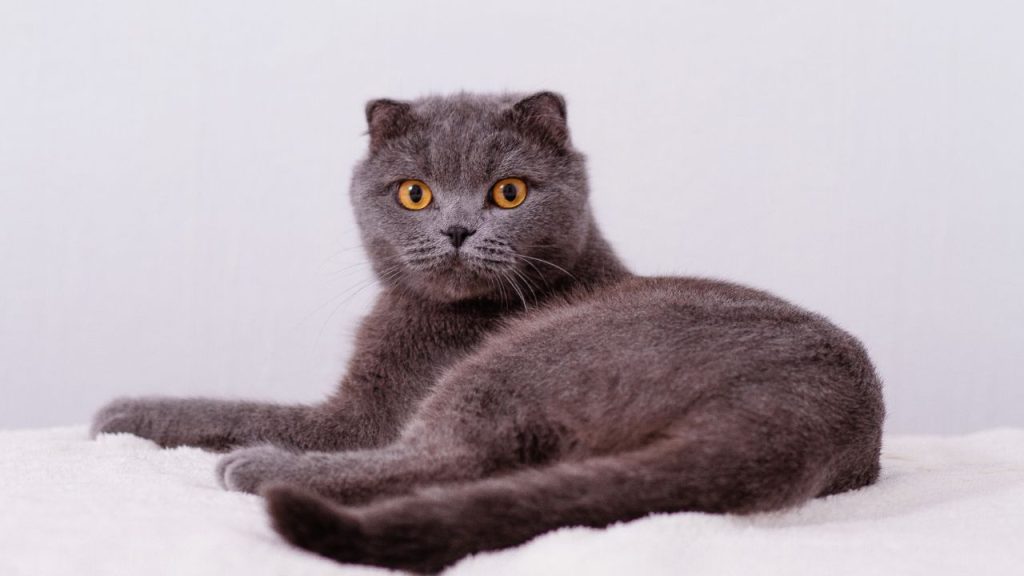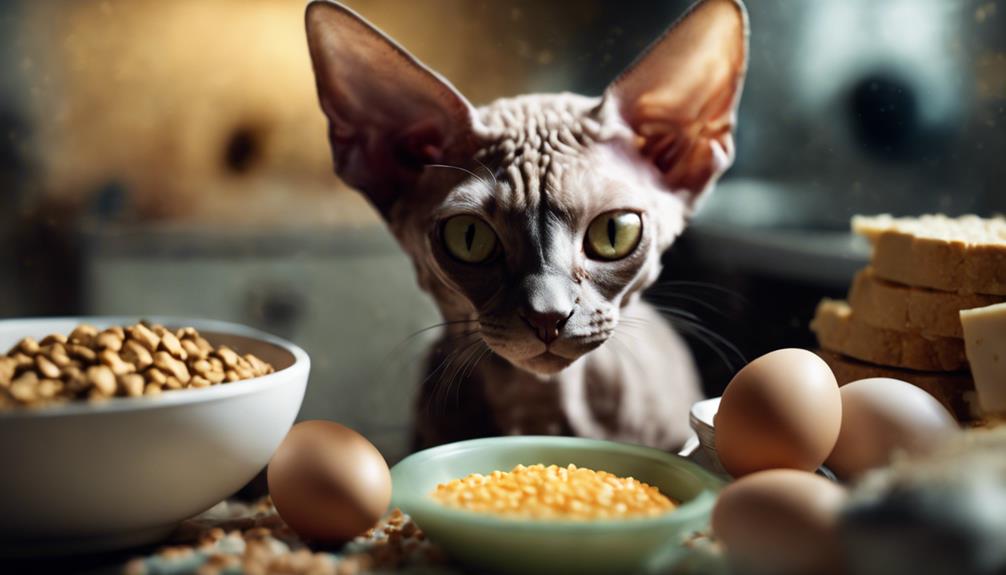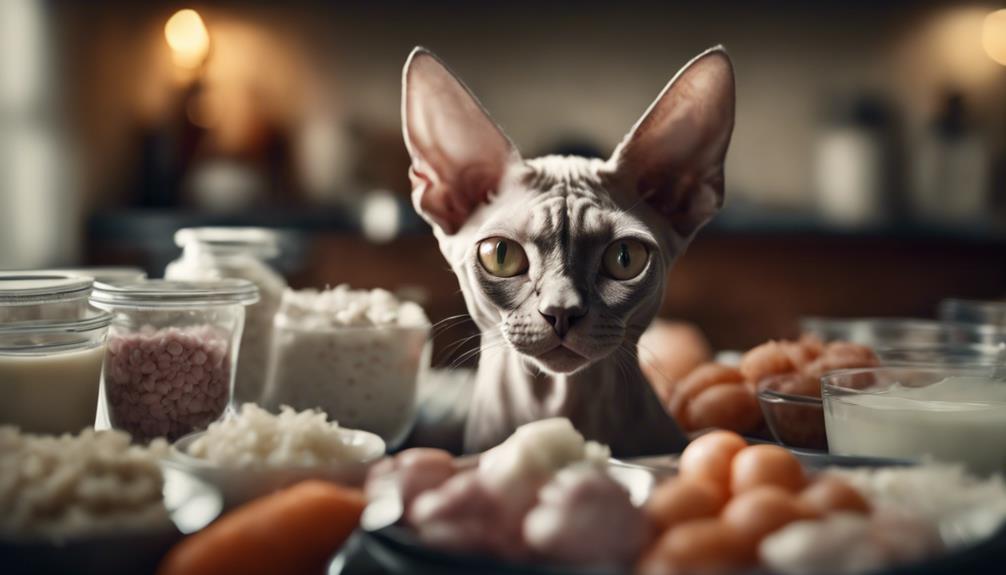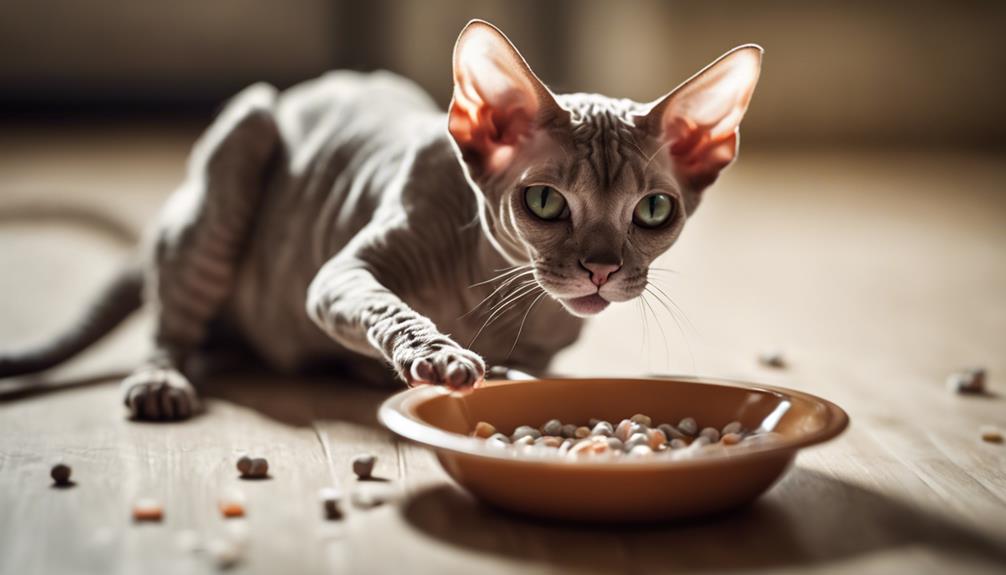Scottish Fold cats are a popular breed known for their unique floppy ears and affectionate personalities. However, there has been some debate among cat enthusiasts about whether Scottish Folds are considered brachycephalic cats.
Brachycephalic cats are those with shortened skulls and flat faces, which can lead to respiratory problems and other health issues. While Scottish Folds do have a distinct facial structure, it is not as extreme as other brachycephalic breeds such as Persians or Himalayans.
Despite this, Scottish Folds can still experience health problems related to their facial structure, such as ear infections and dental issues. It is important for potential owners to be aware of these potential health concerns and to provide proper care and attention to their Scottish Fold companions.
What is Brachycephaly?
Brachycephaly is a term used to describe animals with a skull that is shorter than it is wide. This results in a flattened, pushed-in appearance of the face. Brachycephaly is commonly seen in certain dog breeds like the English Bulldog, French Bulldog, Pekingese, and Boston Terrier. However, some cat breeds like the Himalayan and Silver Persian are also considered brachycephalic.
Brachycephalic animals have a few distinct physical features. Their noses are often small and pushed back, which can lead to breathing difficulties. Their soft palate and tongue may be elongated, further contributing to respiratory issues. Brachycephalic cats may also experience dental problems due to their shortened jaw and crowded teeth.
Selective breeding for brachycephalic features in cats can result in compromised ability to accurately communicate fear, anxiety, and pain. A recent study found that brachycephalic cats have a reduced ability to express themselves through facial expressions and body language.
Brachycephalic syndrome is a condition that can affect both cats and dogs. It is characterized by a combination of respiratory problems, including narrowed nostrils, elongated soft palate, and collapsed trachea. Brachycephalic animals are at a higher risk of developing this condition due to their unique anatomy.
In summary, brachycephaly is a term used to describe animals with a short, wide skull and a flattened face. It is commonly seen in certain dog breeds and some cat breeds. Brachycephalic animals may experience breathing difficulties and dental problems, and may be at a higher risk of developing brachycephalic syndrome.
Are Scottish Fold Cats Brachycephalic?
Scottish Fold cats are a popular breed known for their unique folded ears and round appearance. However, one question that often arises is whether Scottish Fold cats are considered brachycephalic.
Scottish Fold Breed Characteristics
Scottish Fold cats are a medium-sized, longhaired breed with a round head, legs, and tail. They are known for their folded ears, which give them a distinctive appearance. These cats are generally sweet, affectionate, and active, making them a great family pet.
Brachycephalic Features in Scottish Folds
Brachycephalic cats have a flattened face and shortened skull, which can lead to a variety of health problems. While Scottish Folds do have a round head, they are not considered to be a true brachycephalic breed. However, they do share some brachycephalic features such as small nostrils, which can lead to breathing difficulties.

Health Problems in Scottish Folds
Scottish Folds can be prone to certain health problems, including those related to their ears and breathing. Some Scottish Folds may have an elongated soft palate or stenotic nares, which can cause snoring, gagging, and vomiting. They may also develop brachycephalic airway syndrome, a condition that can lead to inflammation, breathing difficulties, and even collapse.
Breeding and Selective Breeding
Selective breeding has played a role in the development of Scottish Fold cats, and some breeders may intentionally breed for certain traits, such as the folded ears. However, it is important to note that breeding for certain traits can also increase the risk of health problems. Responsible breeders should prioritize the health and well-being of their cats over appearance.
In conclusion, while Scottish Fold cats do share some brachycephalic features, they are not considered to be a true brachycephalic breed. However, they can still be prone to certain health problems related to their ears and breathing, and responsible breeding practices should be prioritized to ensure the health and well-being of these beloved pets.




